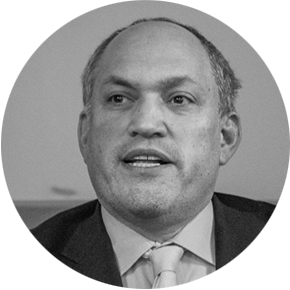Baku, Azerbaijan – After Azerbaijan’s one-day military operation in Karabakh last week, thousands of ethnic Armenians who dominated the region are fleeing, citing concerns about their rights and safety.
After declaring victory over the long-troubled mountainous area, Azerbaijan President Ilham Aliyev promised to protect them, describing them as “our citizens” in one breath, as he decried their “criminal” separatist leaders in another.
But many of the enclave’s Armenian speakers have reservations about Baku’s stated aims for a seamless integration process.
Azerbaijan has rejected these concerns, saying it has committed to safeguarding the rights of all residents, ensured urgent humanitarian challenges are being addressed, and held talks with representatives of the ethnic Armenian community. Aliyev’s administration says peaceful integration is possible, as long as separatists disarm and disband.
But Armenia says 13,350 “forcibly displaced persons” have entered the country following last week’s offensive.
Armenia and Azerbaijan have fought two wars for control of the region and an atmosphere of mutual hostility and distrust remains, despite the ceasefire which was agreed upon with the involvement of Russia, which has had peacekeepers in Nagorno-Karabakh since the last conflict ended in 2020.
Azerbaijan was sharply condemned by Western powers for its September 19 attack, which it began after claiming six people died in two landmine accidents in the Azeri Khojavend district it blamed on separatists.
Armenia, which like Azerbaijan is a former Soviet nation, is in step with the international community as it officially recognises Nagorno-Karabakh as Azerbaijan’s territory, but it had long called for its autonomy.
Yerevan has expressed disappointment in the Russian peacekeepers deployed to the area, saying they allowed Azerbaijan’s advance. Some Azerbaijanis too, are sceptical of Moscow’s role.
Azerbaijani political scientist Ilgar Valizadeh told Al Jazeera that Azerbaijan’s approach has shifted from making proposals to dictating terms.
In his view, Armenian speakers in Karabakh “must refrain from pursuing separatist tendencies going forward”.
“Any such instances will be met with immediate and stringent measures. People must adapt to this new reality, as citizens also bear responsibilities to the state,” he said.
Hundreds of thousands of Azerbaijanis were displaced from Nagorno-Karabakh and seven surrounding Azerbaijani-majority territories in the 1990s, when ethnic Armenians took control of these areas after a war that followed the Soviet Union’s collapse.
Valizadeh said he expects the return of Azerbaijanis to areas within the region, along with the revival of their culture, music, TV channels and the construction of mosques.
He said Azerbaijan must ensure these changes do not disrupt the life of ethnic Armenians, and that Baku should not be perceived as exerting ideological or moral pressure.
Zaur Shiriyev, an analyst of the International Crisis Group for the South Caucasus region, pointed out that expecting integration to occur overnight is unrealistic.
“The situation at hand is complex, grappling with the aftermath of a one-day military operation. Even before addressing existing humanitarian needs, there’s the task of implementing ceasefire terms which require the disarmament of local forces and dismantling existing structures in the Armenian-populated Karabakh,” Shiriyev said.
He emphasised the importance of a transitional period to protect the interests of Armenians living in the region to prevent chaos.
Meanwhile, concern is growing among Azerbaijan’s government about the potential for international repercussions.
Armenian leaders have accused Azerbaijan of planning to “ethnically cleanse” the region.
Some international organisations have called for a temporary evacuation, with the option for residents to return once stability is restored.
“Azerbaijani authorities should take immediate steps to ensure the safety and humanitarian needs of Nagorno-Karabakh’s ethnic Armenian population, allowing humanitarian access without delay,” Human Rights Watch said. “Azerbaijan should allow civilians who wish to evacuate temporarily to Armenia, as well as people in urgent need of medical care who wish to leave, while respecting their right to return.”
According to Shiriyev at the International Crisis Group, local representatives of Armenian speakers and Azerbaijani officials must engage in dialogue to discuss the role of Azerbaijani law in the region.
“Discussions and agreements on how to preserve the rights of the local populace are crucial. Otherwise, a forced integration could be doomed to fail from the outset,” he said.
Like many Azerbaijanis, Parvana Vagifgizi, a resident of Baku, has been glued to the news but said she has doubts that ethnic Armenian and Azerbaijani populations can live in harmony together.
After Azerbaijan’s Aliyev declared Baku had “restored sovereignty” to Nagorno-Karabakh, protests erupted in Yerevan against Prime Minister Nikol Pashinyan, with Armenians accusing him of abandoning the cause.
“I don’t trust the other party, they, themselves have created this lack of trust. When I see the rallies against Pashinyan and hear the slogans and calls from ordinary Armenians, it’s very concerning. Not everyone feels this way, but many of them seem to have a very negative opinion about us. Until trust is re-established, I don’t hold much hope for coexistence and integration.”
Maya Guliyeva, who is originally from the Agdam district, which Azerbaijan liberated in 2020, said she endured forced displacement for nearly 30 years.
Her eldest son, Khalid, was killed during the conflict known as the second Karabakh war. Unlike Vagifgizi, she believes peace is possible.
“Some Armenians have been living there since Soviet times, and you can’t forcibly remove someone from their home. However, there are others who do not wish to live with us. The Azerbaijani government should handle their departure in accordance with all the proper procedures.
“Those who are willing to live alongside us should also be given opportunities. This hostility needs to end, it must be resolved, and successful integration should be our goal.”


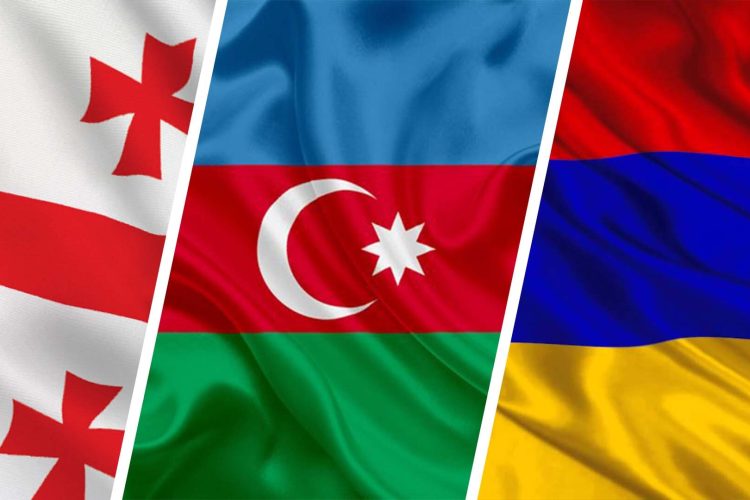
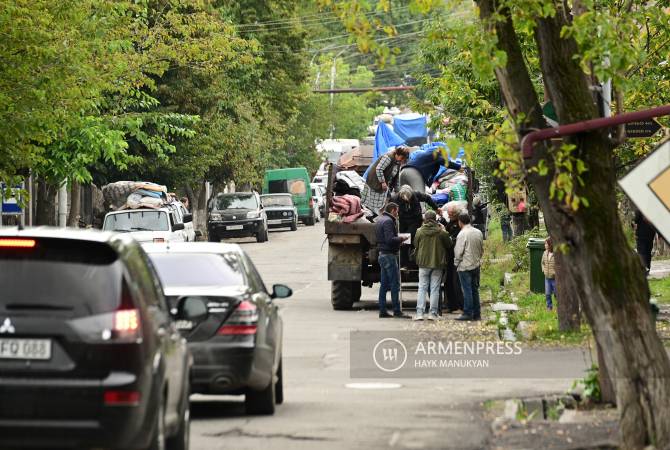
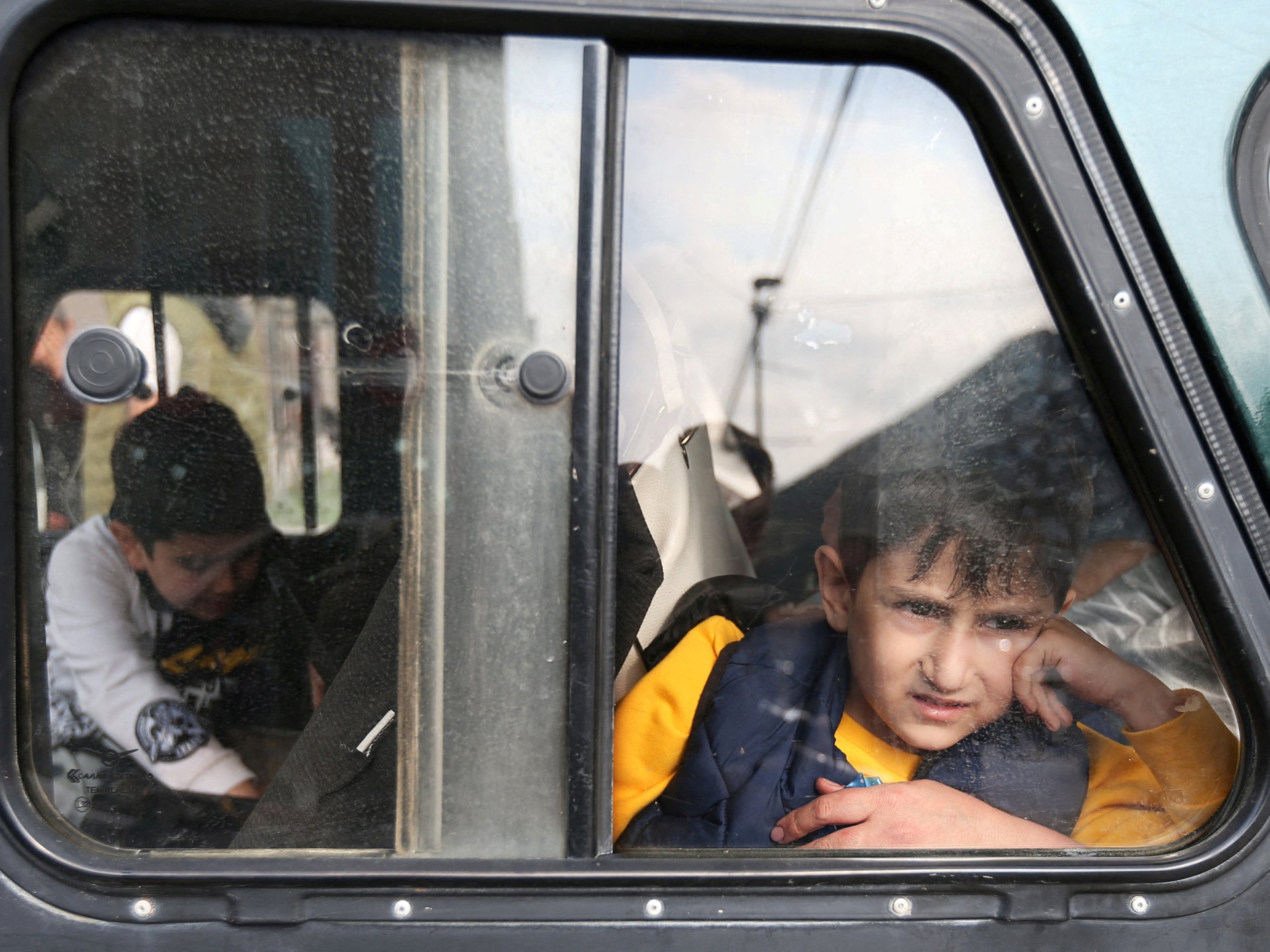



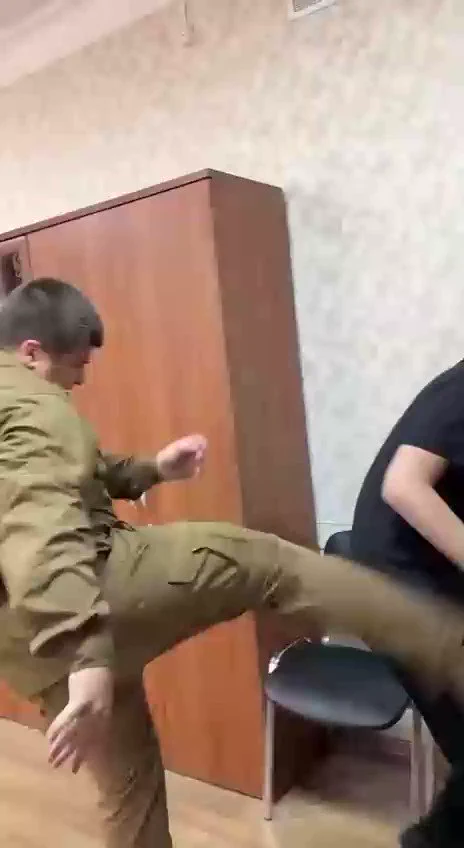
 (@XSovietNews)
(@XSovietNews) 